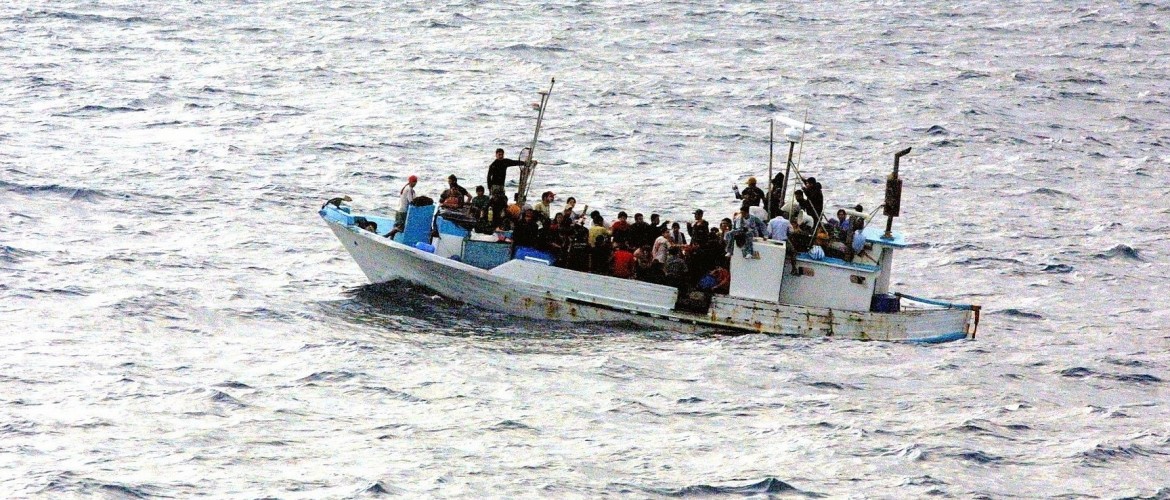Asylum & refugees
Internally displaced persons
(Non-) refoulement, expulsion & repatriation
United Nations High Commisioner for Refugees (UNHCR)

any person who, . . . owing to well-founded fear of being persecuted for reasons of race, religion, nationality, membership of a particular social group or political opinion, is outside the country of his nationality and is unable or, owing to such fear, is unwilling to avail himself of the protection of that country. . . .
